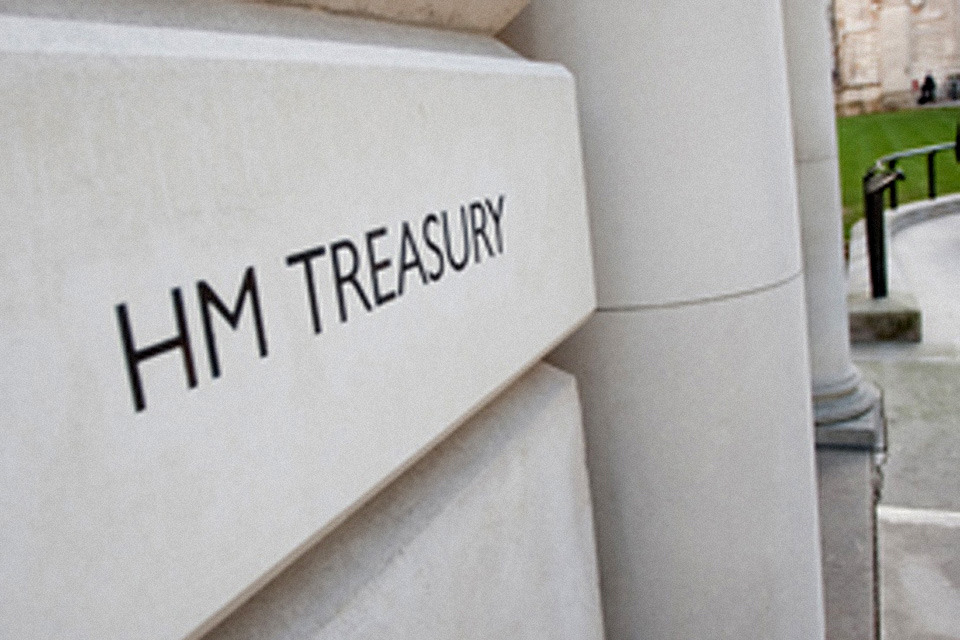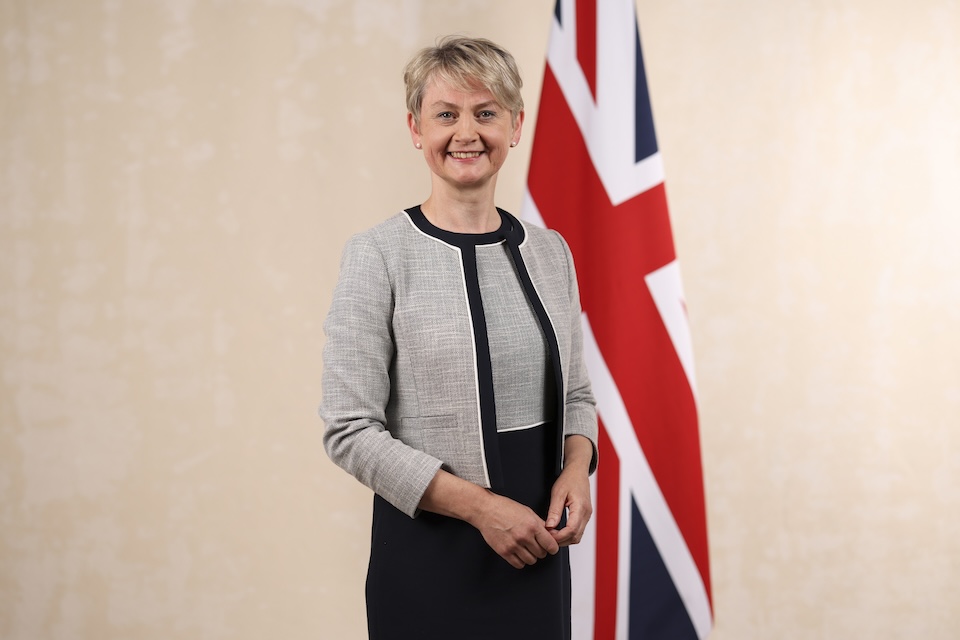-
Chancellor Rachel Reeves takes action to mitigate the impacts of practices such as potential future ‘dumping’ of cheap goods into the UK to help boost growth and deliver the Plan for Change.
-
Increased support for businesses to report unfair practices, improved monitoring of trade data, and an acceleration of potential measures to deter import surges.
-
Review of the customs treatment of Low Value Imports – which some of the UK’s best-known retailers argue disadvantages them with overseas competitors.
The government announced immediate action by the Trade Remedies Authority (TRA), the body responsible for defending the UK against certain unfair international trade practices.
The Chancellor also announced her intention to review the customs treatment of Low Value Imports, which allows goods valued at £135 or less to be imported without paying customs duty.
Some of Britain’s best-known retailers such as Next and Sainsburys, have called to amend the treatment, arguing that it disadvantages them by allowing international companies to undercut them.
Speaking in Washington D.C. at the annual IMF Springs meetings, Reeves was clear that an open global economy is crucial for UK growth, the number one priority of the government’s Plan for Change.
She said that free and open trade is good for the UK, but fairness needs to be injected into the global economic system.
Gains from global economic growth have not been equally shared both at home and abroad, and more needs to be done to tackle the rise in non-market practices that harm working people’s incomes.
Chancellor of the Exchequer, Rachel Reeves, said
The world has changed, and we are in a new era of global trade.
We must stand up for free and open trade – crucial to deliver our Plan for Change to make everyone better off. We must help businesses keep their access to trade around the world.
This government is meeting the moment to protect fair and open trade. Following recent announcements reducing tariffs and support for the zero-emissions vehicles industry, today’s package will help businesses compete fairly with international exporters, supporting a world economy that provides stability and fairness for working people and businesses alike.
Today’s (23 April) support comes in addition to recent action taken by the government recently to support industry and businesses navigate tough global economic headwinds.
This includes action to protect British steelmaking, as the UK vows to take a strategic approach to the forthcoming industrial strategy so the economy that can make, sell, and buy more in Britain.
As part of the Spring Statement tariffs were suspended on 89 foreign products – ranging from pasta, fruit juices and spices to plastics and gardening supplies – over the next two years.
The Prime Minister announced earlier this month that the Zero Emission Vehicle Mandate is changing to make it easier for industry to upgrade to make electric vehicles while delivering the manifesto commitment to stop sales of new petrol and diesel cars by 2030.
Business and Trade Secretary Jonathan Reynolds said
This government won’t stand idly by while cheap imports flood our markets and harm British industries. That is why I met with the TRA recently to agree urgent steps to tackle these issues in real time to deliver quicker protections for firms.
This is about standing up for our national interest, and as part of our Plan for Change, creating a level playing field where UK businesses can thrive and grow.
More information
Low Value Imports
-
Many of Britain’s most well-known domestic retailers have criticised the customs treatment of Low Value Imports.
-
They argue that it gives preferential tariff treatment to firms who manufacture and warehouse their goods overseas and then ship directly to UK customers – paying no tariffs.
-
Listening to the concerns the Chancellor will review this regime. Officials will engage stakeholders from next month to consider the impact on UK consumers, minimising administrative costs and other factors.
-
For stakeholders looking to engage the government on the review of the customs treatment of low value imports, please contact [email protected].
Theo Paphitis, Retail Entrepreneur, said
This is a much-needed injection of confidence for retailers and a common sense move to protect the UK economy. The sector has been crying out to level the unfair playing field and is a welcome, positive and strong step in the right direction by the Chancellor. This shows the government is listening and responding to UK business.
George Weston, Chief Executive of Associated British Foods, said
We welcome the Chancellor’s plan to review the customs treatment of Low Value Imports. The abolition of the favourable tax treatment of low value imports would be a significant step forwards in the government’s support for British businesses. We have long advocated for the closure of this tax loophole which undermines many UK companies that make a substantial contribution to the British economy, to the British high street and to the British Government’s own revenues.
Alex Baldock, CEO of Currys PLC said
Today’s government announcement is encouraging. All retailers selling to UK consumers should play by the same rules. If you want to sell to UK consumers, then abide by UK standards, and pay UK tax, just as UK retailers do.
Today, low-value shipments delivered from abroad straight to UK consumers avoid import duty, often evade VAT, and can fail to meet safety standards. There’s a growing risk of unsafe and tax-dodging product being dumped in the UK, as tariffs bite and the US and EU close their own import duty loopholes. I’m pleased that the government is urgently reviewing the low-value shipment loophole, and that they’re committed to levelling the playing field between British and overseas retailers.
Improved Global Trade Data
- Dumping of cheap goods into the UK is where foreign exports are sold into the UK at lower than market rates, harming UK producers as a result.
The government announced immediate steps the Trade Remedies Authority (TRA) – which defends the UK against certain unfair international trade practices – will take to mitigate risks to the UK economy
-
The TRA will be surging resources into its pre-application office by pulling in the best and the brightest analysts, lawyers and accountants from across the Civil Service to support British businesses. The pre-application office advises and supports businesses with the evidence the TRA needs to launch cases. Staff will shift more focus to work with businesses on the ground, especially small and medium companies, to help them report and evidence unfair trade practices where they see them happening.
-
The TRA will act to enhance it’s monitoring of emerging trade risks; including new surveillance and data gathering measures. This will help the government spot and tackle the potential dumping of cheap goods into the UK.
-
The TRA are going to work to reduce the time it takes them to carry out investigations and implement measures – to deter harmful imports and help bring action quicker to British businesses.






